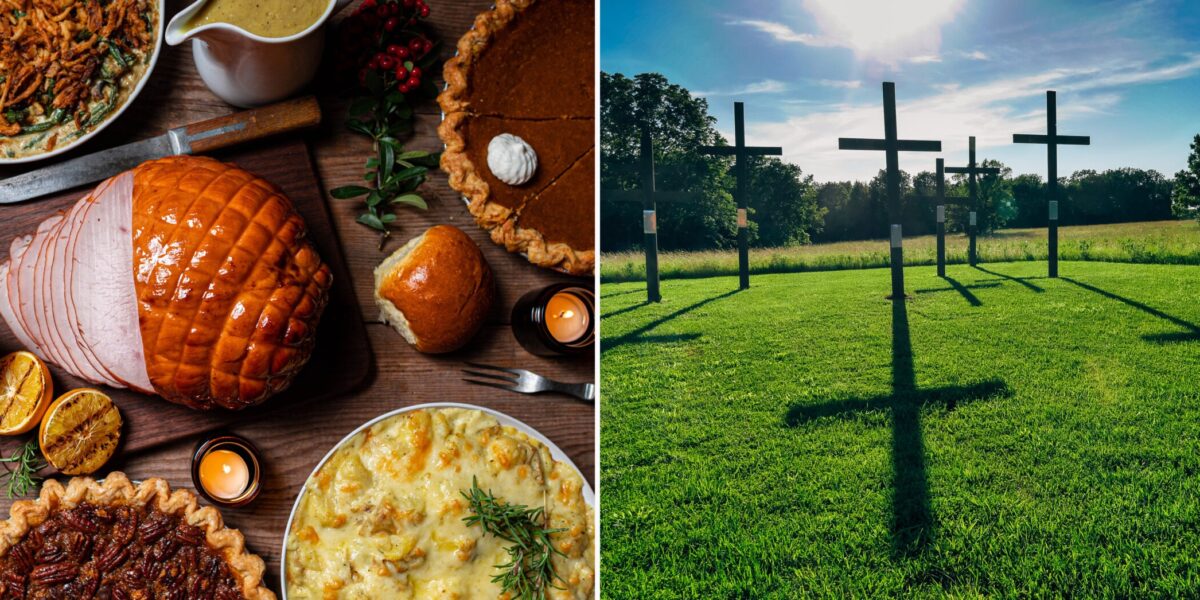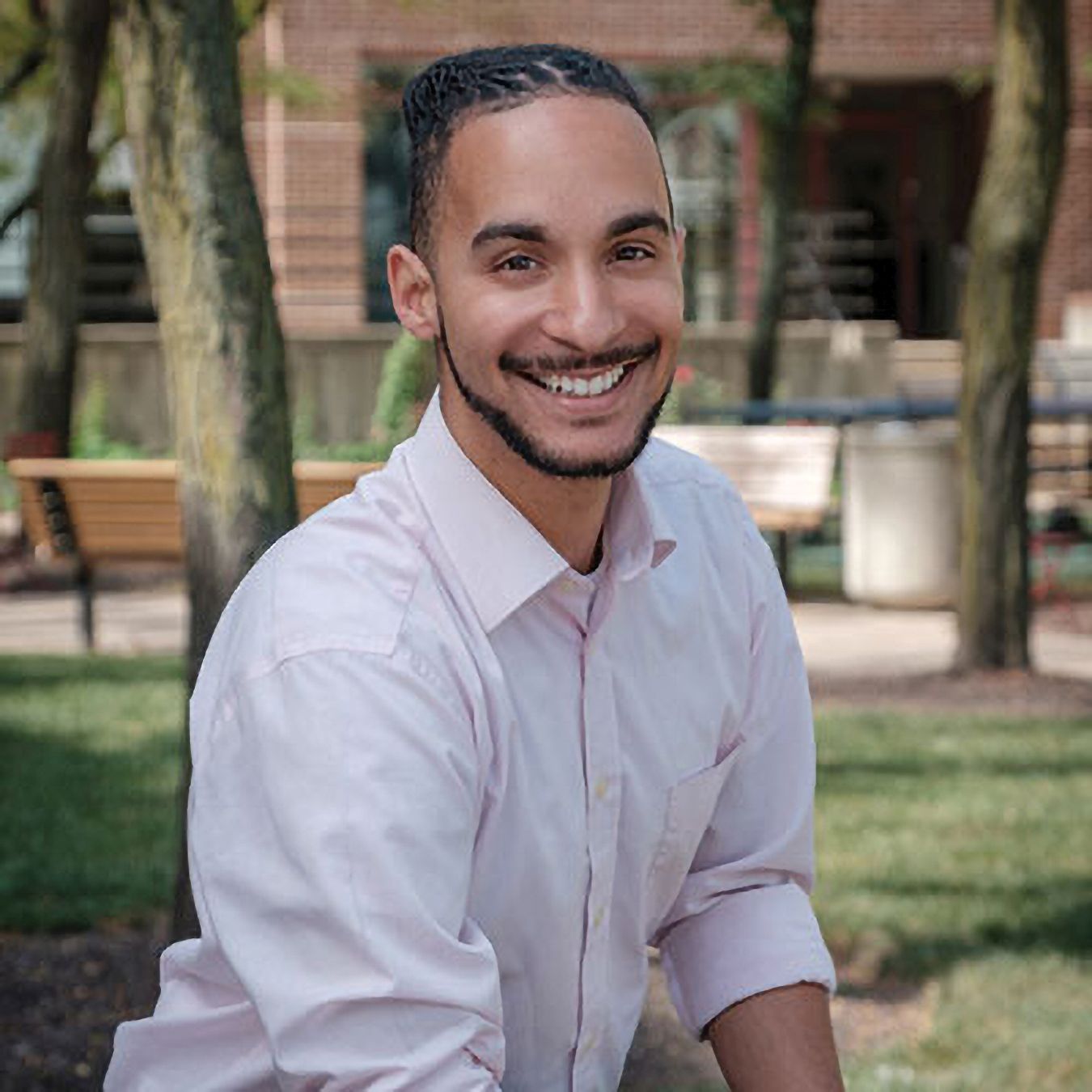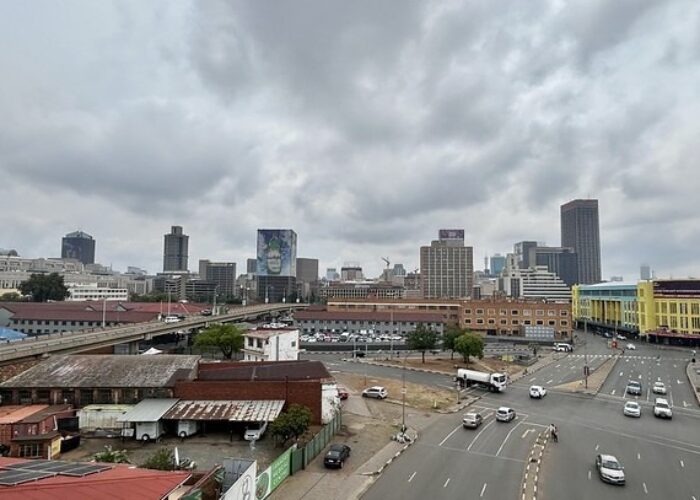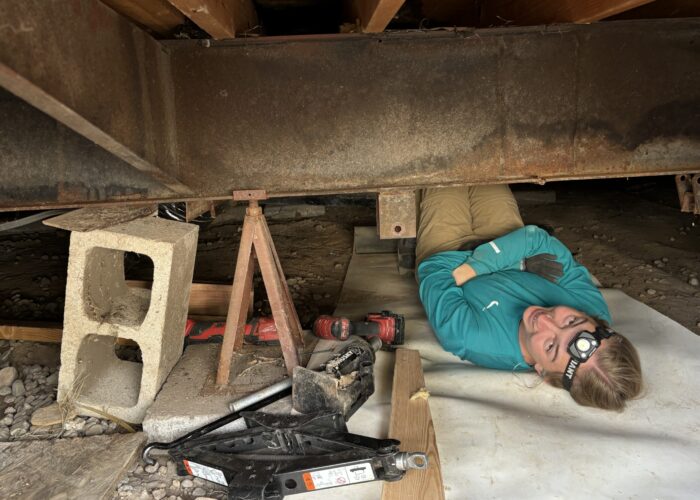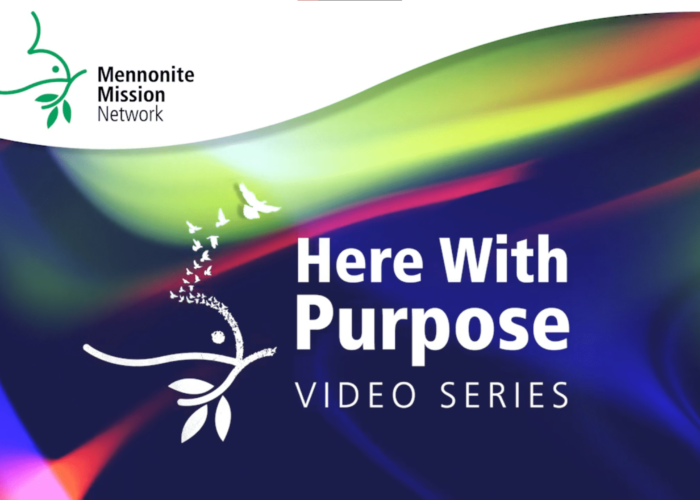For those of us in the United States, Thanksgiving Day is approaching and, with it, the promise of time with loved ones, good food and celebration. As we prepare for the annual festivities, it’s appropriate that we have some honest conversations about what this holiday is and what it isn’t.
You may have heard it referred to as
“Takesgiving,”
“Truthsgiving” or a day of mourning by some Indigenous Peoples, and rightfully so. If you aren’t yet aware, the story of the Wampanoag people feeding the pilgrims and forming a happy relationship isn’t accurate. Rather than a harmonious dinner celebration that marked the beginning of a beautiful partnership, the Wampanoag people helped the European settlers find food and prepare for the harsh winter, and they were rewarded by increased violence, which culminated in the near genocide of the tribe.
In addition, European diseases had already begun ravaging the Wampanoag Tribe. and European traders regularly kidnapped tribal members and sold them into European slavery.
This is the story of most of the tribes who encountered European colonizers and settlers. Many of us grew up without hearing this version of events, because history is rarely objective. It is written and edited by those who survive and hold power, which means most of us have inherited a version of this first Thanksgiving Day that serves the colonial narrative. It makes the first White settlers look benevolent, while erasing the voices of the Wampanoag people.
Though it’s hard to hear, these truths are important. If we don’t acknowledge and intentionally honor this difficult history, then our celebrations become offensive to the descendants of those who were victimized by the centuries-old forces of colonization and genocide.
Authentic celebration must make room for honesty to start a process toward healing for both the descendants of the settlers and the descendants of the Indigenous Peoples.
We cannot change the past, but we can honor it, while building a better future. Given this information, how do we celebrate a holiday that is rooted in a history of colonialism and genocide?
First, we must acknowledge that the central tenant of Thanksgiving — offering gratitude — is a value that is inherent to many Indigenous communities. Yet, descendants of settlers have co-opted and monetized it in ways that are disrespectful. Even some of the foods that we typically consume — turkey, corn, squash —
are tied to Indigenous traditions and customs. We must acknowledge these origins.
Secondly, we can be intentional about how we celebrate. Rather than using the holiday as an excuse for excessive consumption, we can practice moderation. Prepare the amount of food you’ll need rather than the amount you think you want. For instance, if you are a family of four, you probably don’t need a 30– pound turkey.
Thirdly, if you’re going to shop or spend money on holiday deals following Thanksgiving Day, look for retailers and businesses that are owned by Indigenous Peoples.
Finally, consider donating to organizations that support Native American causes. You can support
Standing Rock Sioux Tribe in their fight against the
Dakota Access Pipeline. You can donate to the
Native American Rights Fund, the
Warrior Women Project, or even donate directly to the
Wampanoag Tribe.
There are a host of causes and organizations you can donate to. Do your research and offer what you can.
This message may be difficult to hear, but it is necessary. Let’s go into this holiday with a renewed commitment to honor history as it is, while moving forward with intentionality. As you gather with family and friends to share food, laugh, and celebrate, remember that this is also a day of mourning for many. Honoring the spirit of this holiday means hearing the voices and remembering the stories of those whom history tried to erase.
For more information:
- The Thanksgiving myth and longing for reconciliation” from Mennonite Church USA
- The Coalition to Dismantle the Doctrine of Discovery’s promotion of Indigenous Solidarity Network’s “Rethinking Thanksgiving” Toolkit

